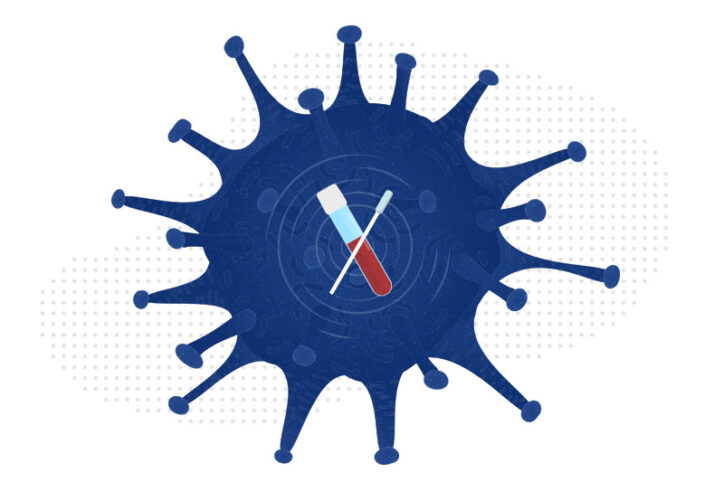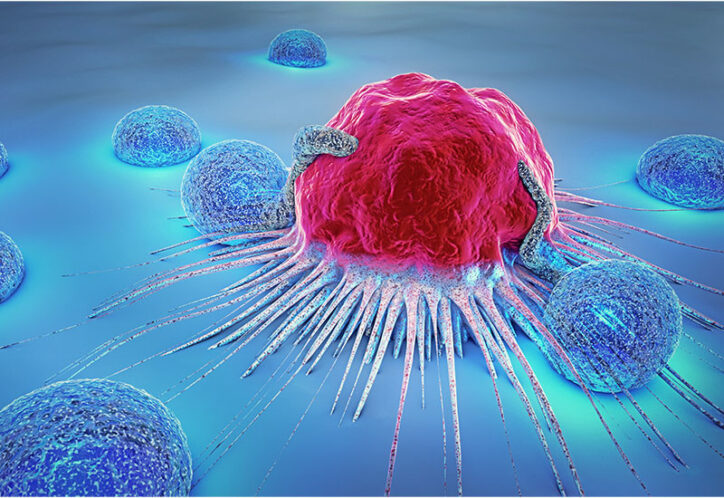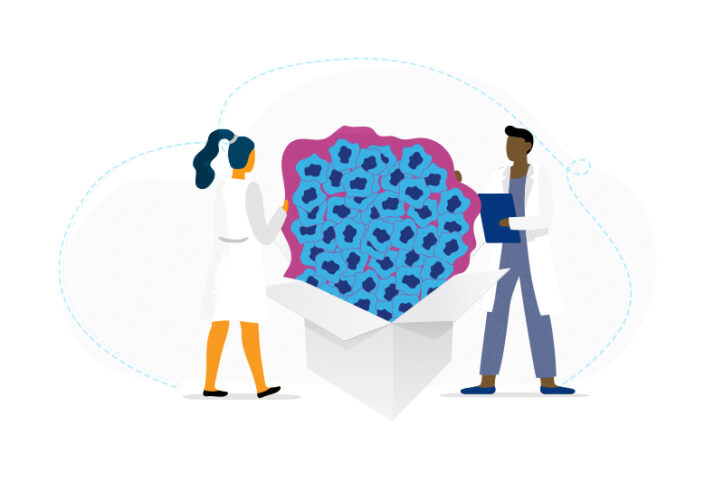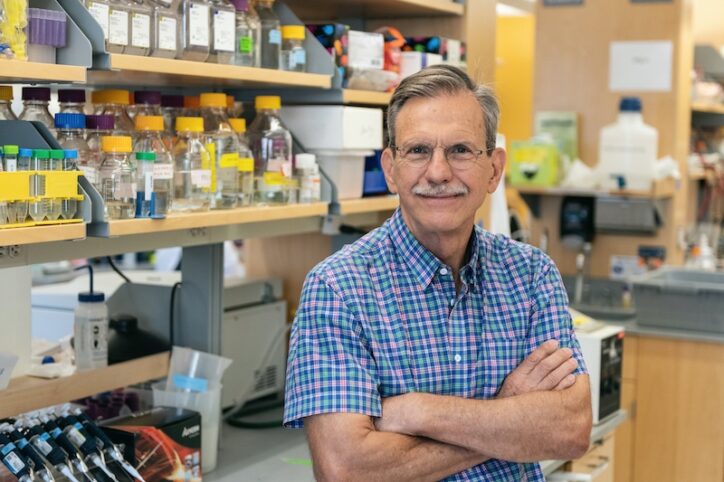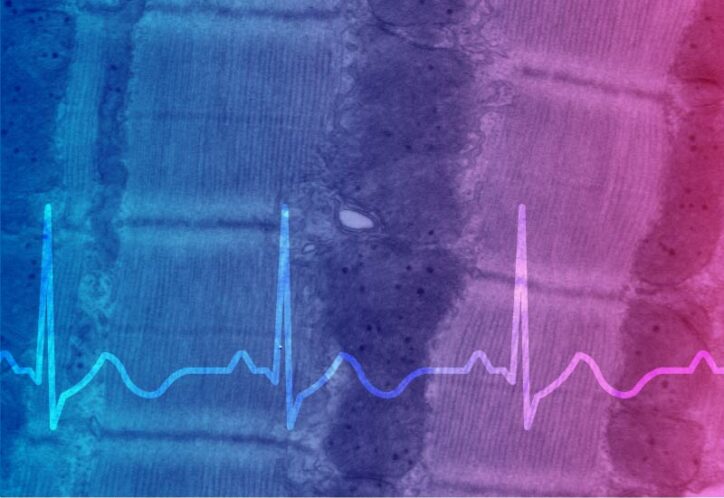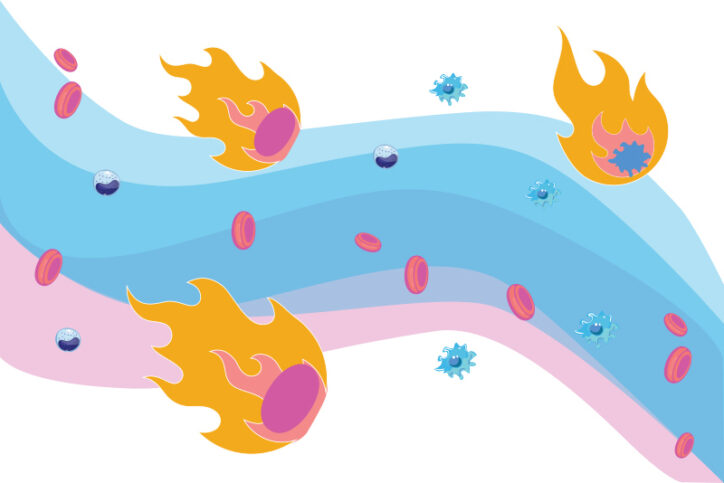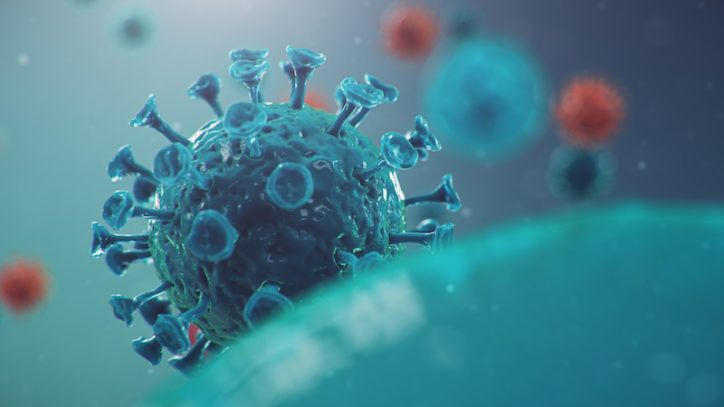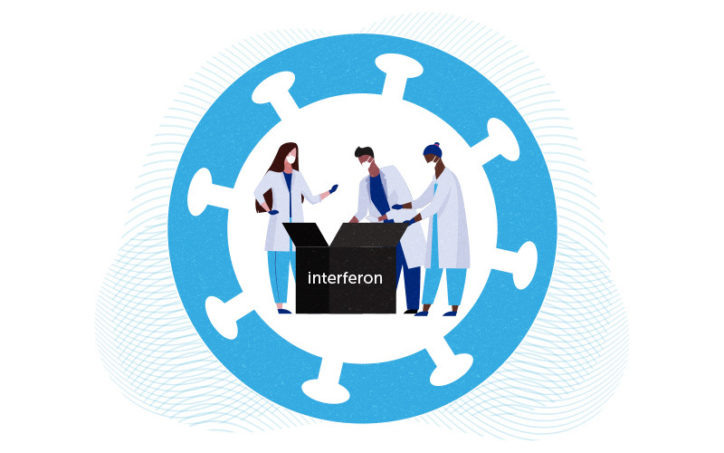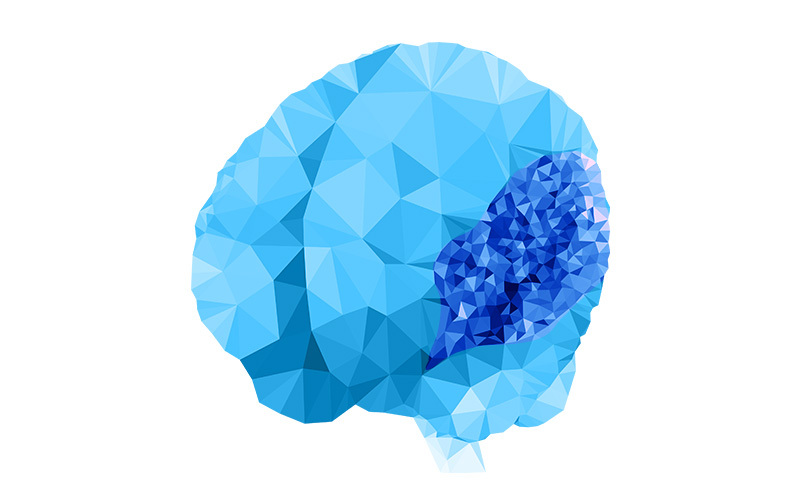Archive for cellular and molecular medicine
Immune biomarkers predicted COVID-19 severity and could help in future pandemics
Why did some people fall critically ill from COVID-19 and others not? In May 2020, as COVID-19 swept the world, Boston Children’s Hospital helped launch a national, NIAID-funded study called IMPACC (IMmunoPhenotyping Assessment in a COVID-19 Cohort). Taking a “systems immunology” approach, the goal was to document the virus’s impact on the immune system in ... Read More about Immune biomarkers predicted COVID-19 severity and could help in future pandemics
A new cancer mechanism: Failed cellular housekeeping
Cancer can stem from mutations in many different genes. New research from Boston Children’s Hospital and Dana-Farber Cancer Institute pinpoints a gene that, when mutated, causes cancer through a mechanism not before seen: Inability of cells to dispose of their trash, namely defective strands of RNA. This mechanism appears to cut across many different malignancies, ... Read More about A new cancer mechanism: Failed cellular housekeeping
An unexpected journey reveals a potent way to attack tumors
Research on the effects of prenatal exposure to the Zika virus has yielded an unexpected dividend: a potentially promising way to trigger natural killer (NK) cells to fight cancer. NK cells are first-responder immune cells. When enough of their activating receptors are triggered, they mobilize to kill infected, stressed, or cancerous cells at an early ... Read More about An unexpected journey reveals a potent way to attack tumors
Going out of the box to tackle pancreatic cancer
Pancreatic cancers are deadly and hard to treat, in part because they are so often detected at an advanced stage; overall five-year survival rates are about 11 percent. Two separate labs at Boston Children’s Hospital took out-of-the-box approaches to this difficult cancer, and both uncovered some very promising leads. Wiping out pancreatic tumors’ immune defense ... Read More about Going out of the box to tackle pancreatic cancer
Tim Springer: Scientist, entrepreneur, and mentor
As an undergraduate in 1966, immunologist, biochemist, and biophysicist Timothy A. Springer, PhD, looked askance at science. The Vietnam War was going on, and he saw science as a means of making Agent Orange and napalm. Questioning his own Ivy League education, he left Yale to spend a year as a VISTA volunteer on a ... Read More about Tim Springer: Scientist, entrepreneur, and mentor
Getting to the heart of heart muscle function
Every heart muscle cell, or cardiomyocyte, is studded with tiny, intricate structures called dyads. The dyads are like orchestra conductors: They coordinate incoming electrical signals with release of calcium in the muscle, triggering contraction. When dyads work properly, the different segments of heart muscle contract in unison; when they don’t, heartbeats may be too weak ... Read More about Getting to the heart of heart muscle function
How COVID-19 triggers massive inflammation
Why do some people with COVID-19 develop severe inflammation, leading to respiratory distress and damage to multiple organs? A new study in the journal Nature provides an explanation: the SARS-CoV-2 virus infects and kills critical immune cells in the blood and lungs, which set off powerful alarm bells as they die. Judy Lieberman, MD, PhD, ... Read More about How COVID-19 triggers massive inflammation
What makes the Delta variant of COVID-19 so contagious?
The Delta variant of SARS-CoV-2 has swept the planet, becoming the dominant variant within just a few months. A new study from Boston Children’s Hospital, published in Science, explains why Delta spreads so easily and infects people so quickly. It also suggests a more targeted strategy for developing next-generation COVID-19 vaccines and treatments. Last spring, ... Read More about What makes the Delta variant of COVID-19 so contagious?
Unpacking the body’s interferon response to COVID-19
Interferons are potent natural antivirals, rallying other parts of the immune system to defend against viruses. Some clinical trials have tested interferons as a treatment for COVID-19, but results have been mixed. And the science has been unclear about whether interferons are helpful or harmful. Key takeawayAn early, protective interferon response in the upper respiratory ... Read More about Unpacking the body’s interferon response to COVID-19
A ‘pump’ gene’s surprising role in early brain formation
In polymicrogyria, the cortex of the brain has many irregular, small folds (gyria) and disorganization of its layers. Many affected children have severe developmental delay, intellectual disabilities, and epilepsy, and many need to use a wheelchair. Mutations in several different genes can cause this “overfolding of the brain” condition. Key takeaways The gene ATP1A3, associated ... Read More about A ‘pump’ gene’s surprising role in early brain formation


